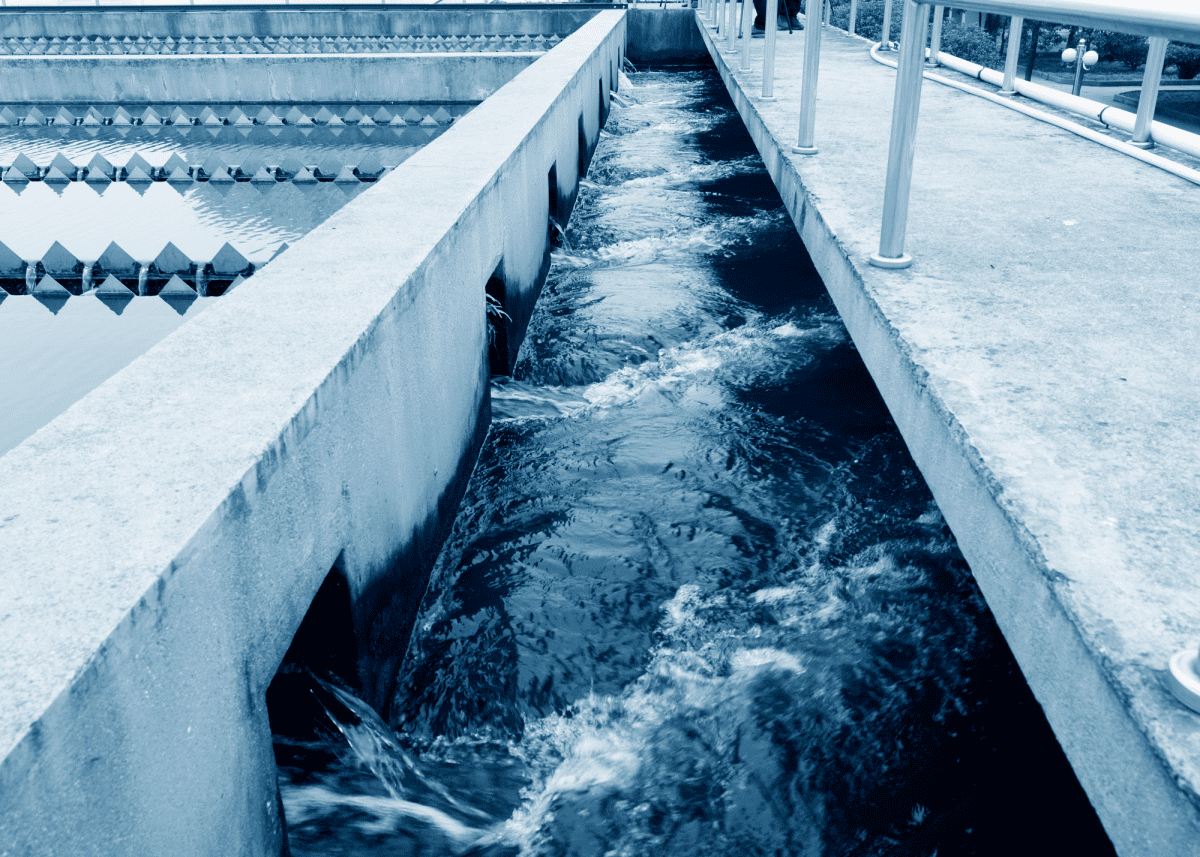The pharmaceutical industry is one of the most critical sectors globally, driving innovations in healthcare and contributing significantly to the economy. However, it is also a significant consumer of water, and the production processes generate substantial wastewater, which can contain various pollutants, including active pharmaceutical ingredients (APIs), solvents, and chemicals. Efficient wastewater recycling is essential to mitigate environmental impacts and promote sustainability within the industry. One of the most pressing issues is the management and treatment of wastewater generated during pharmaceutical manufacturing. As environmental regulations become stricter and the demand for sustainable practices grows, wastewater recycling has emerged as a crucial solution.
This blog explores the importance, challenges, and advancements in wastewater recycling for the pharmaceutical industry.
The Importance of Wastewater Recycling
Environmental Protection: Pharmaceutical manufacturing processes generate a considerable amount of wastewater containing active pharmaceutical ingredients (APIs), solvents, and other hazardous chemicals. If not properly treated, this wastewater can contaminate water bodies, posing a threat to aquatic life and human health. Recycling wastewater helps mitigate these environmental risks.
Regulatory Compliance: Governments worldwide are enforcing stringent regulations to control industrial pollution. The pharmaceutical industry must comply with these regulations to avoid penalties and maintain its license to operate. Wastewater recycling ensures that the discharged water meets the required quality standards.
Resource Conservation: Freshwater is a finite resource, and its scarcity is a growing concern. Recycling wastewater reduces the demand for freshwater, thereby conserving this vital resource. This is particularly important in regions facing water stress.
Cost Efficiency: Treating and reusing wastewater can be more cost-effective in the long run compared to continuously sourcing fresh water and treating large volumes of wastewater for disposal. It also reduces the costs associated with wastewater discharge and compliance.
Challenges in Wastewater Recycling
Challenges in Wastewater Recycling
- Complex Composition: Pharmaceutical wastewater often contains a mixture of organic and inorganic substances, making treatment challenging.
- APIs and Hazardous Chemicals: The presence of APIs and hazardous chemicals requires specialized treatment methods to ensure safe recycling.
- Technological Limitations: Advanced treatment technologies can be expensive and require significant investment and expertise.
- Regulatory Hurdles: Navigating the complex regulatory landscape can be challenging, as different regions may have varying standards and requirements for wastewater treatment and recycling.
Advanced Methods of Wastewater Recycling
Advanced Methods of Wastewater Recycling
Benefits of Wastewater Recycling
Benefits of Wastewater Recycling
- Sustainability: By recycling wastewater, the pharmaceutical industry can significantly reduce its environmental footprint, contributing to overall sustainability goals and corporate social responsibility (CSR) initiatives.
- Water Security: Recycling wastewater ensures a reliable and consistent supply of water for industrial processes, even in areas with limited freshwater availability.
- Operational Efficiency: Implementing wastewater recycling can improve operational efficiency by reducing the dependency on external water sources and minimizing the impact of water shortages on production.
- Enhanced Reputation: Companies that adopt sustainable practices, including wastewater recycling, often enjoy a better reputation among consumers, investors, and regulatory bodies. This can lead to increased market opportunities and competitive advantages.

- Innovation and Growth: Investing in wastewater recycling technologies drives innovation within the industry. It encourages the development of new treatment methods and processes that can be applied across various sectors, promoting overall industrial growth.
Case Studies and Success Stories
Case Studies and Success Stories
- Pfizer: Pfizer has implemented advanced wastewater treatment systems at several of its facilities, significantly reducing water consumption and improving wastewater quality.
- Novartis: Novartis has adopted a holistic approach to water management, including the recycling of wastewater, which has led to substantial water savings and reduced environmental impact.
- Johnson & Johnson: Johnson & Johnson's wastewater recycling initiatives have not only minimized water usage but also enhanced compliance with stringent environmental regulations.
Case Studies and Success Stories
Case Studies and Success Stories
- Conduct Comprehensive Wastewater Audits: Identify the sources and composition of wastewater to tailor the treatment processes accordingly.
- Invest in Advanced Technologies: Evaluate and invest in the latest treatment technologies that offer the best balance of efficiency and cost. Visit the Delhi Water Expo to see what water experts have to offer. Get to see live demo performance of technologies.
- Engage with Experts: Collaborate with environmental engineers, chemists, and regulatory experts to design and implement effective wastewater recycling systems. Speak to water professionals at the Delhi Water Expo in person and know what they have to offer and advise.
- Monitor and Optimize: Continuously monitor the performance of wastewater treatment systems and optimize them for improved efficiency and compliance.
- Employee Training and Awareness: Educate employees about the importance of wastewater recycling and best practices to ensure collective effort towards sustainability.
Conclusion
Conclusion
Wastewater recycling is not just an environmental necessity but also a strategic imperative for the pharmaceutical industry. By adopting advanced treatment technologies and sustainable practices, pharmaceutical companies can significantly reduce their environmental footprint, comply with regulations, and achieve cost savings. As the industry continues to innovate, the integration of efficient wastewater recycling systems will play a crucial role in driving sustainability and ensuring a healthier planet for future generations.

